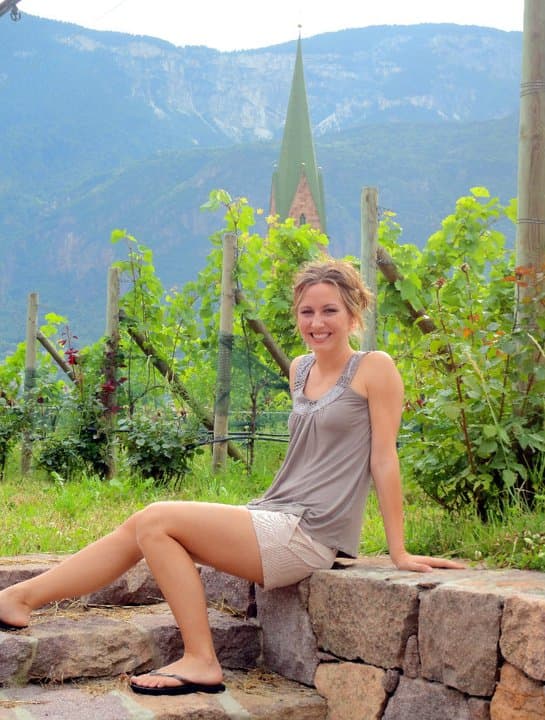



Images courtesy of Amanda Banta
When Amanda Banta was 11, she tried her hand at rifle shooting. The sport was a family affair: Her dad was one of the coaches for the Spokane junior rifle team, and her sister also participated in the sport. It was a natural progression. Amanda also did more physical sports, like dance and soccer, but rifle shooting was unique. She fell in love with the sport’s mental aspect in particular.
It quickly became evident that Amanda was a natural. She soon started competing on the national level, and joined the US National Team at 16. Her first World Cup was in Sydney. From there, she jetted off for competitions in China and Germany.
“It was all over the place right away,” she recalled.
A year later, Amanda tried out for the Olympic rifle team. The top two qualifiers get to compete. Amanda got third. She said she felt a “weight of depression” after the try-outs, especially after having worked so hard for something that, ultimately, fell just beyond reach.
“As a teenager, I had given up a lot to train full-time,” Amanda said. “Traveling for matches, training every day after school, before school sometimes, after matches on the weekends. There'd be some dances I would miss. I wasn't dating…And then to go and put it all out there and then to not make the team. I felt really upset by that.”
But Amanda was just getting started; she wasn’t even 20 yet. And she was laying the foundation for future pursuits. (Today, she reflects that all that travel would especially come in handy when she would eventually join Fora as a travel advisor.) In the meantime, she decided to focus on college.
The ultimate balancing act
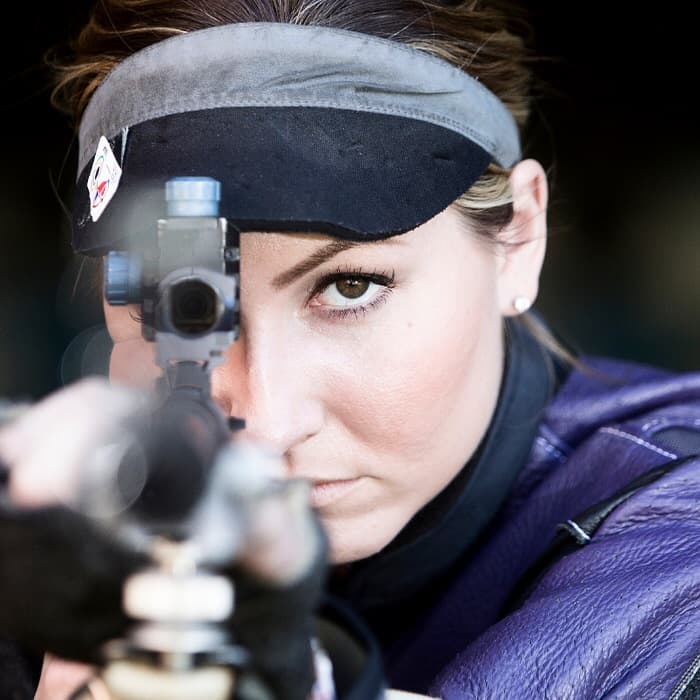
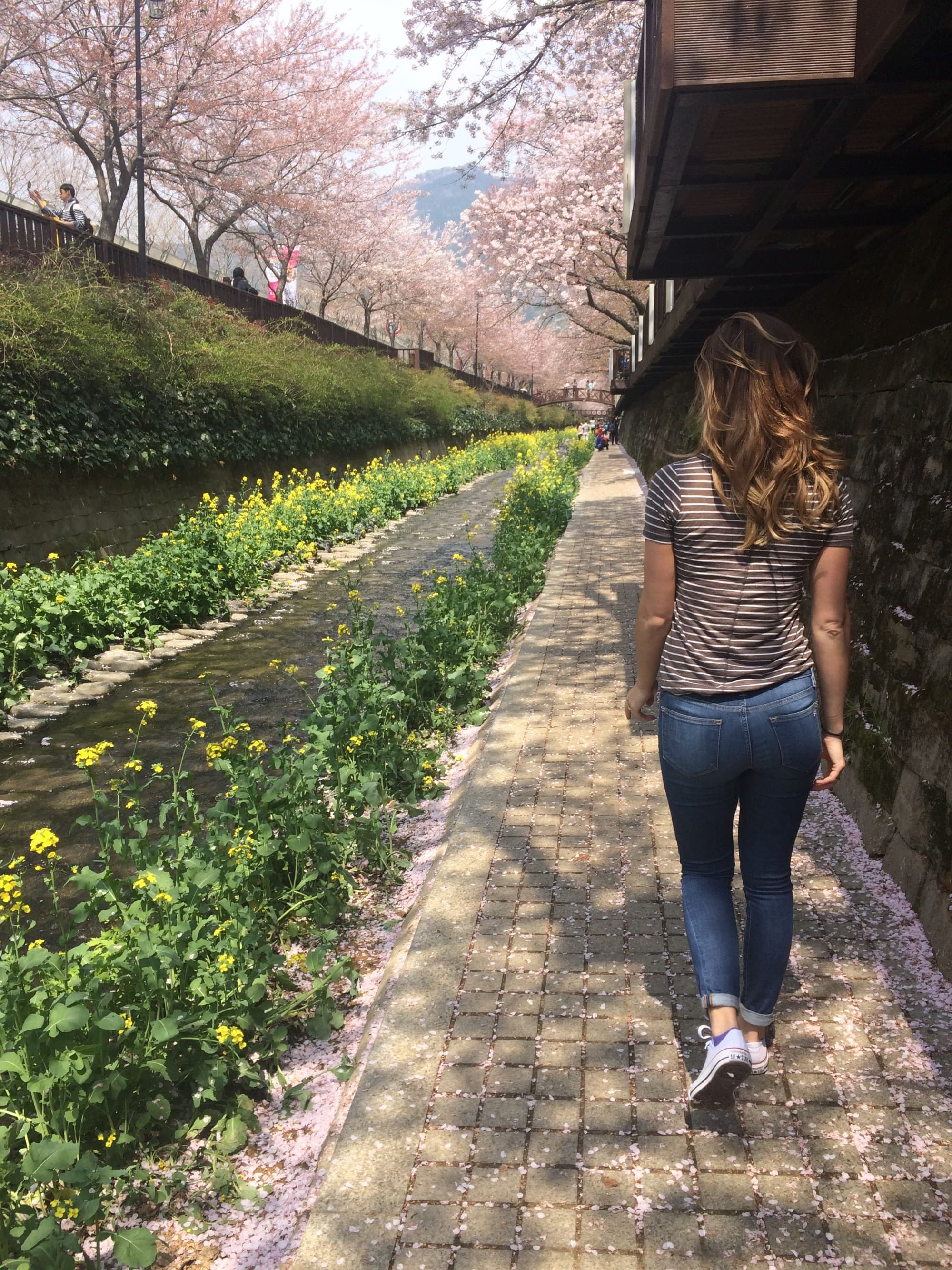


Images courtesy of Amanda Banta
Amanda attended Ohio State University on both an athletic and academic scholarship. She primarily focused on academics, but when she saw her friend qualify for the Olympic rifle team (her friend competed in the air-rifle division, whereas Amanda was a 22 shooter), she realized she was “not ready to give up on the Olympic dream yet.”
Amanda called the national coach, and within a few days, she was down in Colorado to start training. When the 2012 Olympic Games arrived, Amanda qualified. (And she was at a college junior, no less.) After the Games, she returned to Ohio State and earned a bachelor’s degree in business administration with a specialization in economics .
Amanda still competed after graduation, and also tried other endeavors, including a stint at her dad’s financial-advisory firm. Eventually, she found her way back to the U.S. Olympic & Paralympic Training Center, in Colorado Springs. She ended up not qualifying for the 2016 Games, but she wasn’t too discouraged — it’s all a part of the process.
“You go through ebbs and flows in your training journey, and your scores aren't always going to be the best that you've ever had,” Amanda said. “It's hard to keep an upwards trajectory when you're training like that.”
Regardless, she met her future husband in Colorado Springs, who was training for an army competition as she was training for the Olympics try-outs. They’re still married, and today, have two young children.
A new endeavor
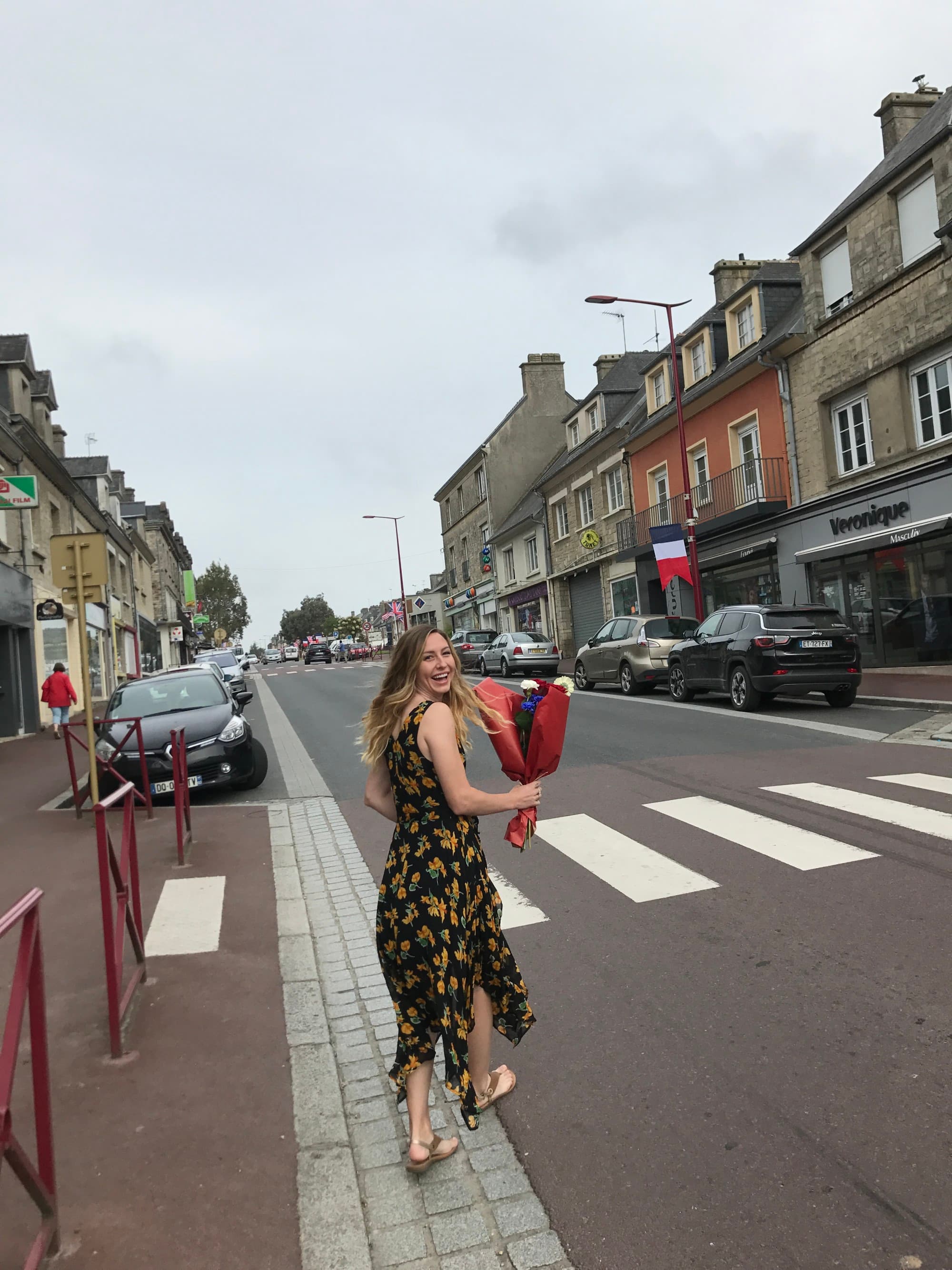
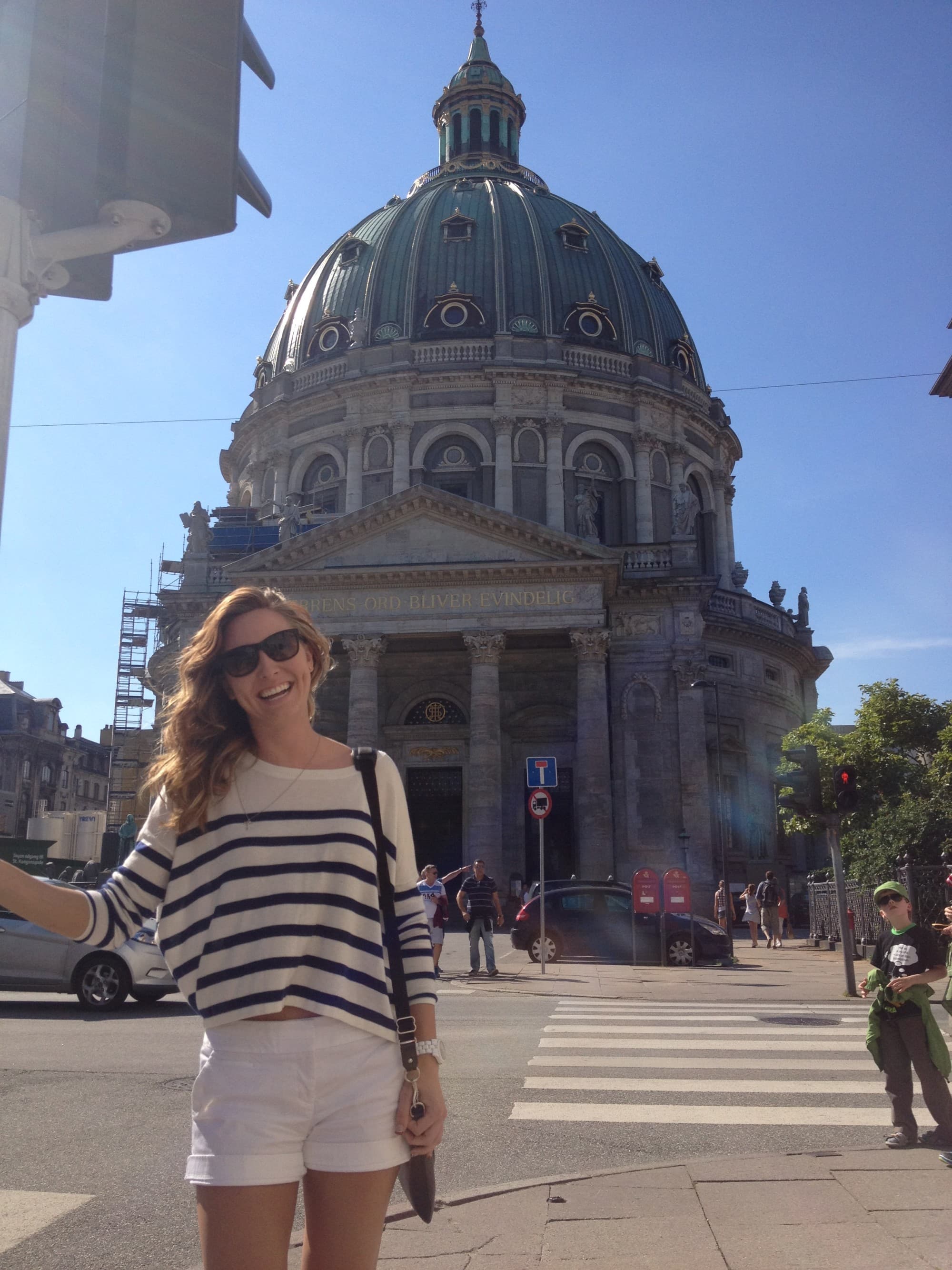


Images courtesy of Amanda Banta
Amanda had racked up some serious travel mileage as an US athlete. She’s always been the go-to person for travel recommendations.
“I had just been everywhere,” she said, adding how she developed her passion for travel during her competition years, “and never wanted that to end.” (She really had been everywhere: Brazil, South Korea, the Czech Republic, Italy, Slovenia, Spain, Switzerland, England, Denmark, Canada, Mexico — not to mention the aforementioned Australia, China and Germany, among others.)
Even as she started her career as a full-time financial advisor, a role she inhabits today, Amanda knew travel would continue to be a priority. In fact, when she married her husband and started having kids, she told him, “We are not going to let any of this keep us in one place.”
Eventually, Amanda learned about Fora.
“What a fun opportunity to take this knowledge that I already have — this passion that I already have — and use it for something like this to help other people,” she recalled thinking.
Despite being an ambitious and high-achieving person, however, Amanda explained that she still experienced some imposter syndrome when she first joined Fora.
“Why should I be the one to tell somebody what they need to do, where they need to go, where they need to stay?” she’d thought.
But Fora told her a different story.
“Fora just kept putting out the message like, ‘You can do this. This is made for you. You don't have to do this full-time. You don't have to do it this specific way. You can do this in a way that works for you,’” she said.
So she dove in. She set a reminder on her phone for a year, at which point she would evaluate whether or not she wanted to stay. A year came and went.
“I saw it come up in my calendar and just deleted it — ignored,” she said. “I'm definitely not going to stop.”
Launching her travel business with Fora
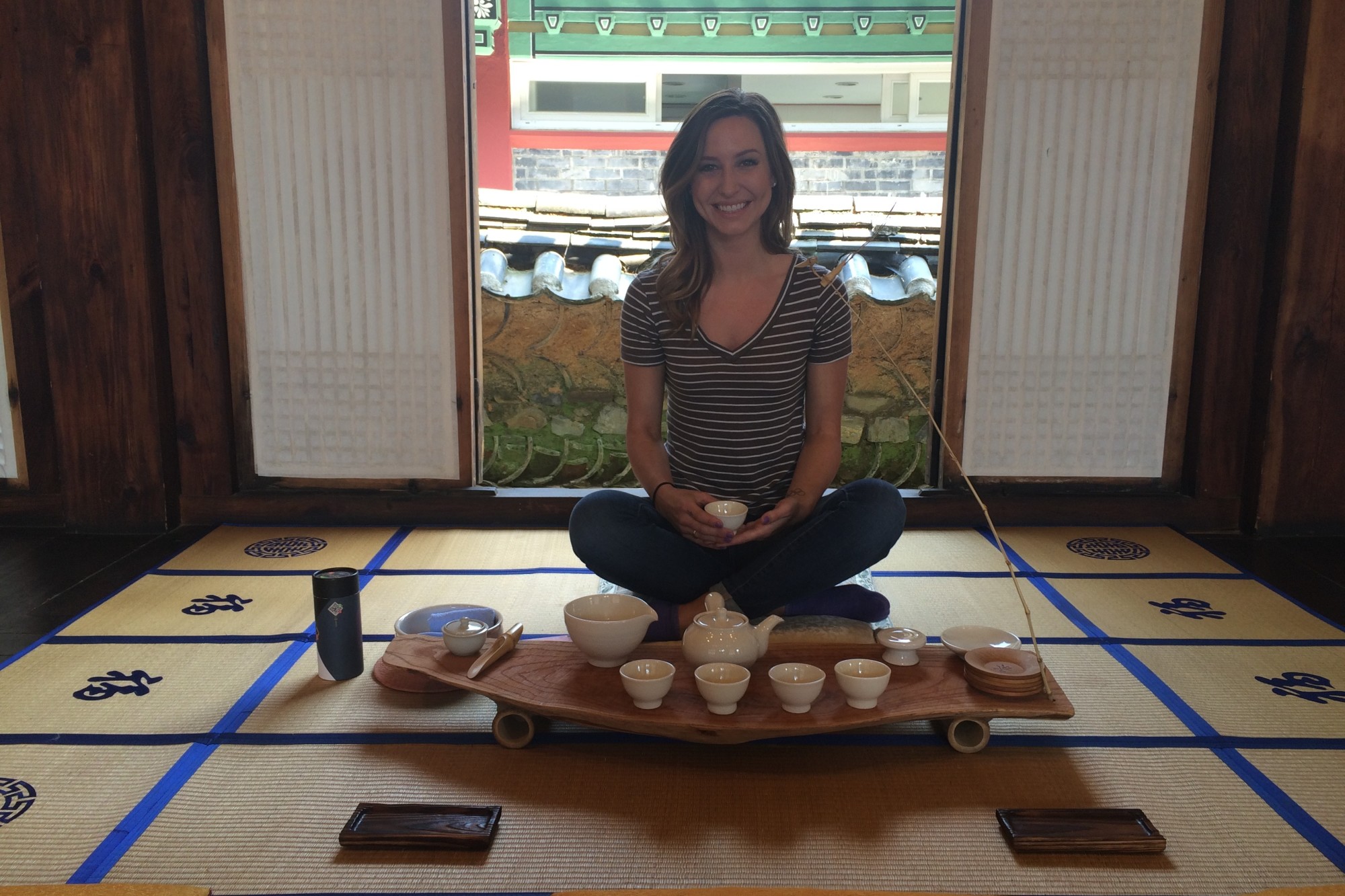
Image courtesy of Amanda Banta
Amanda’s travel advising business took off primarily through word of mouth. One memorable trip she planned was for a cousin’s friend’s sister-in-law. Amanda was especially excited about this one; it was athletics-related. Her clients were traveling to San Francisco to see the LA Clippers play against the Golden State Warriors. It was their son’s birthday, and the trip was a surprise for him and his little brother.
She put together an impressive, visually beautiful travel book outlining the itinerary, plus all the best places to eat before the sports game, how to get to the game, what to do afterward, where to grab a beer…
“I immersed myself in what they were going to do,” Amanda said. “That's my favorite part: putting myself in their vacation and being like, ‘This is how I'd want to do it.’”
Part of what makes Amanda such a stellar travel advisor is her attention to detail (which is no surprise, considering the precision required in rifle shooting). Part of planning the best trips, she stressed, isn’t merely about recommending the top places to visit, but also considering the logistics and on-the-ground realities.
“Somebody could say, ‘Well, this is the best thing,’’’ she explained, “but if it's an hour away from you, it might not work.”
Amanda excels at connecting the dots, making a client’s trip seamless and rich in memorable moments.
“If you're going to specifically see this one museum, and there happens to be one of the best coffee shops in the city right there, or one of the best lunch spots, I have to make the connection for somebody,” she went on. “That's literally my favorite part: figuring out what you want to do for fun and how we can feed you the best while you're doing that.”
Amanda looks forward to seeing where her travel advising role takes her. In the meantime, she’s enjoying the ride. Her little ones will be starting school soon; she’s exploring some personal writing projects. Her plate is endlessly full — in the best way. Still, she’s found Fora’s resources especially helpful when juggling all the things.
Amanda appreciated how Fora’s advisor tools were “already created and basically laid out for you — like, here you go: Here's the package,” she said. “It just made it so easy to start and to get going to feel like you're capable of it.”
